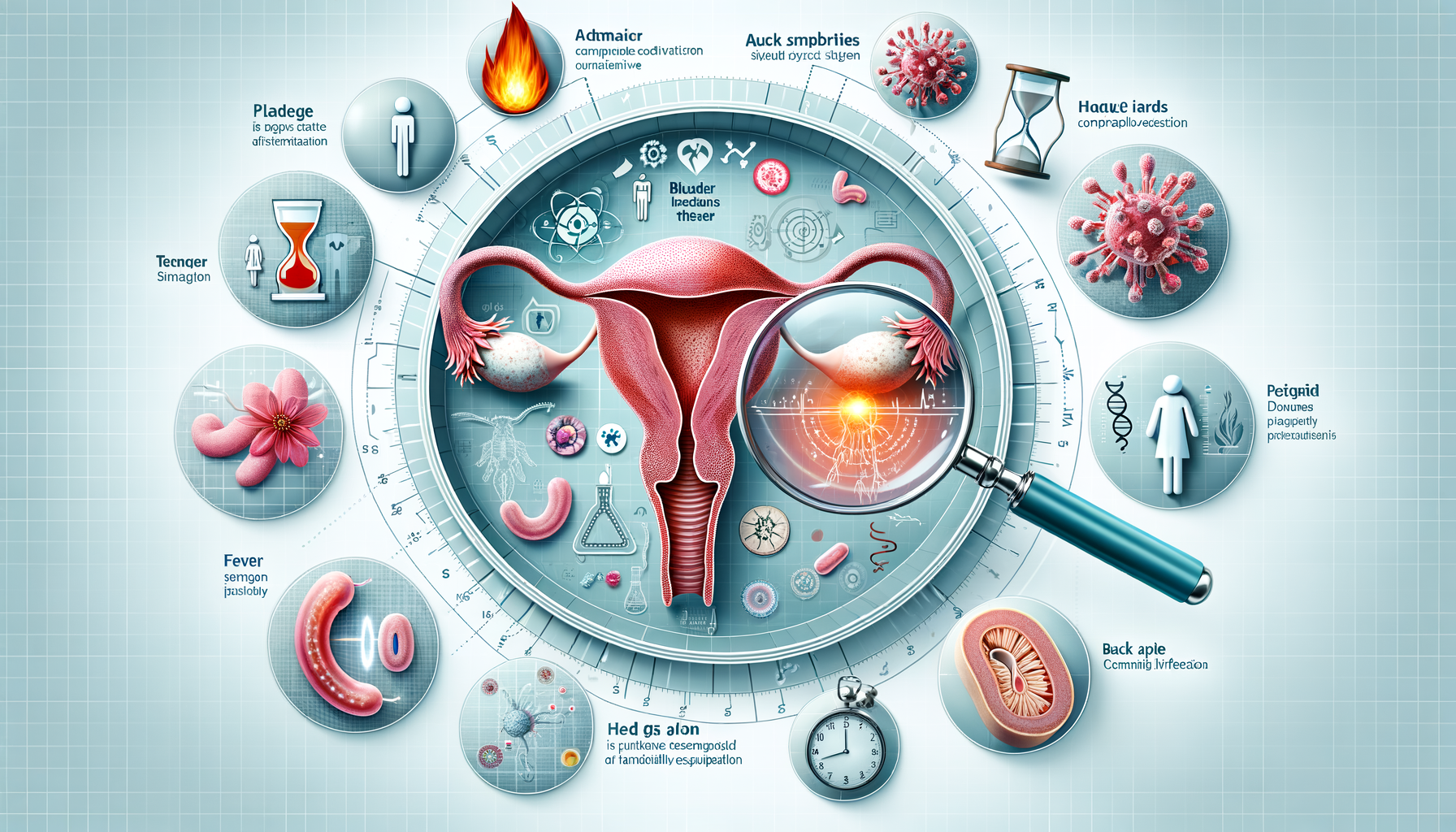What To Know About Early Signs Of Bladder Infection In Elderly Women
Can subtle changes signal a significant health concern in older individuals? Understanding the initial indicators of a common ailment becomes crucial for timely awareness. Recognizing these early signs can be key to addressing potential issues.

Recognizing Subtle Symptoms
Bladder infections, also known as urinary tract infections (UTIs), can often present with subtle symptoms, especially in elderly women. These symptoms might not be as pronounced as in younger individuals, making them easy to overlook. However, recognizing these early signs is crucial for timely intervention and treatment. Common subtle symptoms include a slight increase in urinary frequency, mild discomfort during urination, and a change in urine color or odor. In older adults, these symptoms might be mistaken for normal aging processes, but they can indicate the onset of a bladder infection.
Furthermore, elderly individuals might experience atypical symptoms such as confusion or sudden changes in behavior. This can be particularly challenging as these symptoms can also be attributed to other age-related conditions. Therefore, it’s important for caregivers and healthcare providers to be vigilant and consider the possibility of a UTI when such changes occur. Ignoring these subtle signs can lead to more severe complications, including kidney infections, which are more serious and harder to treat.
To aid in the identification of these symptoms, it is beneficial to maintain a regular health monitoring routine. This can include keeping track of urinary habits and any associated changes. Additionally, educating elderly women and their families about these symptoms can empower them to seek medical advice promptly, potentially preventing the progression of the infection.
Why Bladder Infections Are More Common
Bladder infections are notably more common in elderly women due to several physiological and lifestyle factors. One primary reason is the anatomical structure; the female urethra is shorter and closer to the anus, facilitating easier bacterial entry into the bladder. As women age, the natural defense mechanisms of the urinary tract can weaken, making it easier for infections to develop.
Hormonal changes post-menopause also play a significant role. The decrease in estrogen levels can lead to changes in the urinary tract tissues, making them more susceptible to infections. Additionally, elderly women may experience incomplete bladder emptying due to weakened bladder muscles or other underlying health conditions. This residual urine can become a breeding ground for bacteria, increasing the risk of infection.
Other contributing factors include the use of certain medications that can alter immune function, as well as increased prevalence of conditions like diabetes which can affect bladder health. It’s also worth noting that lifestyle factors, such as reduced mobility and hydration, can contribute to the higher incidence of bladder infections in this demographic. Understanding these factors can help in developing preventive strategies and encourage more proactive health management.
Seeking Prompt Medical Attention
Seeking prompt medical attention for suspected bladder infections is crucial, particularly for elderly women. Early diagnosis and treatment can prevent complications and improve recovery outcomes. When subtle symptoms are recognized, it’s important to consult a healthcare provider who can perform necessary tests, such as a urinalysis, to confirm the presence of an infection.
Timely medical intervention can also prevent the spread of the infection to the kidneys, which can lead to more severe health issues. Treatment typically involves a course of antibiotics, and in some cases, additional medications to alleviate symptoms. It’s important to complete the prescribed antibiotic course to ensure the infection is fully eradicated and to prevent antibiotic resistance.
Moreover, regular follow-ups and monitoring can help manage recurrent infections, which are common in elderly women. Healthcare providers may recommend lifestyle changes, such as increased fluid intake and proper hygiene practices, to reduce the risk of future infections. By prioritizing prompt medical attention, elderly women can maintain better overall health and quality of life.